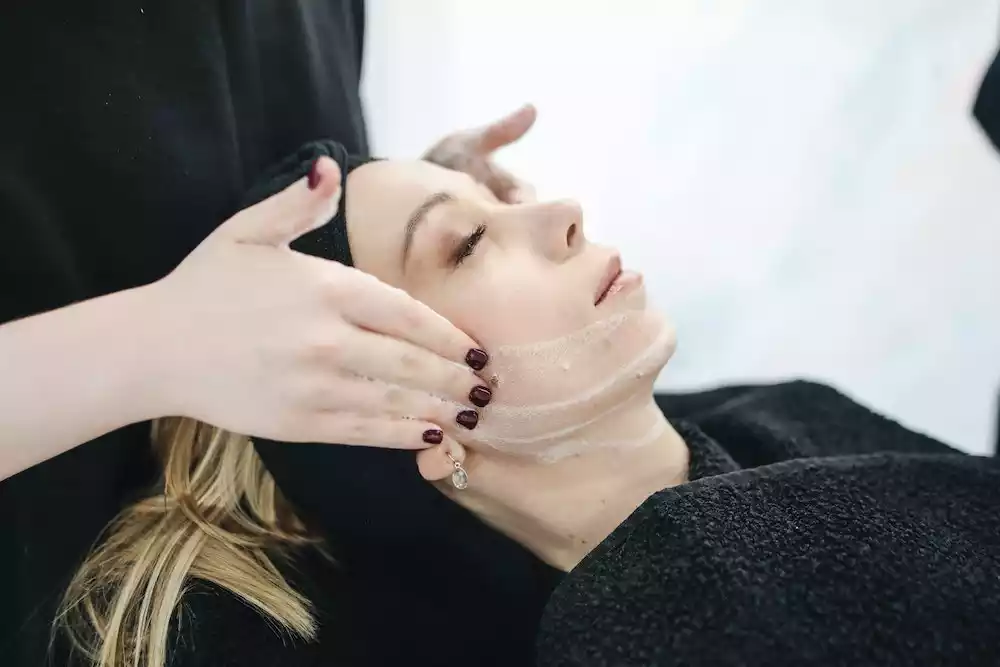Introduction
Skincare is an ever-evolving industry, with new trends and ingredients constantly popping up. It can be difficult to keep up with what’s new and what actually works. In this article, we’ll take a look at some of the latest skincare trends, and which ingredients you should be incorporating into your routine, as well as which ones to avoid.
Skincare Trends
A Brief Overview: Before we dive into the ingredients, let’s take a look at some of the latest skincare trends. One of the biggest trends in recent years has been the rise of “clean” beauty products. Consumers are becoming more aware of the potential health risks associated with certain ingredients, and are seeking out products that are free from harmful chemicals. Another trend is the rise of natural and organic skincare products. Consumers are becoming more conscious of the impact their beauty routines have on the environment, and are opting for products that are sustainably sourced and produced.

Ingredients to Try
Now, let’s take a look at some of the latest skincare ingredients that you should be trying.
- Niacinamide:
Niacinamide, also known as Vitamin B3, has been gaining popularity in the skincare world. It is a versatile ingredient that can help to improve the appearance of fine lines and wrinkles, even out skin tone, and reduce the appearance of enlarged pores. Niacinamide is also a great ingredient for those with acne-prone skin, it can help to reduce inflammation and regulate sebum production.
- Hyaluronic Acid:
Hyaluronic acid is a naturally occurring substance in our skin that helps to retain moisture. It is a great ingredient for those with dry or dehydrated skin, as it can help to plump and hydrate the skin, reducing the appearance of fine lines and wrinkles.
- Vitamin C:
Vitamin C is a powerful antioxidant that can help to brighten and even out skin tone, reduce the appearance of dark spots and hyperpigmentation, and protect the skin from environmental stressors. It is a great ingredient for those with aging or sun-damaged skin.
- Bakuchiol:
Bakuchiol is a plant-based ingredient that has been dubbed “the natural alternative to retinol”. It can help to improve the appearance of fine lines and wrinkles, even out skin tone, and improve skin texture, without the potential side effects of retinol, such as dryness and irritation.
- PHA (Polyhydroxy Acids):
PHAs are a newer type of chemical exfoliant that are more gentle than traditional AHAs and BHAs. They can help to gently exfoliate the skin, improve skin texture, and reduce the appearance of fine lines and wrinkles, without the potential irritation of other exfoliants.

Ingredients to Avoid
While there are plenty of great ingredients to incorporate into your skincare routine, there are also some ingredients that you should avoid.
- Alcohol:
Alcohol can be extremely drying and irritating to the skin. It is often used in skincare products to help ingredients penetrate the skin more effectively, but it can actually do more harm than good.
- Fragrance:
Fragrance is a common ingredient in skincare products, but it can be problematic for many people. Fragrances can be irritating to the skin and can cause allergic reactions. If you have sensitive skin, it’s best to avoid products that contain added fragrance.
- Sulfates:
Sulfates are often used in skincare products to create a foaming lather. However, they can be drying and irritating to the skin, particularly for those with dry or sensitive skin. Sulfates can also strip the skin of its natural oils, leading to dehydration and other skin issues.
- Silicones:
Silicones are often used in skincare products to create a smooth, silky texture. However, they can be problematic for some people, particularly those with acne-prone skin. Silicones can clog pores and trap bacteria, leading to breakouts.
- Mineral Oil:
Mineral oil is a common ingredient in skincare products, particularly those marketed towards dry or sensitive skin. However, mineral oil is a byproduct of petroleum, and it can clog pores and exacerbate skin issues.
Conclusion
The world of skincare is constantly evolving, with new ingredients and trends emerging all the time. It’s important to stay informed and do your research before incorporating new products into your skincare routine. Some of the latest ingredients to try include niacinamide, hyaluronic acid, vitamin C, bakuchiol, and PHAs, while some ingredients to avoid include alcohol, fragrance, sulfates, silicones, and mineral oil. By being mindful of the ingredients you use on your skin, you can help to achieve healthy, glowing skin for years to come.
